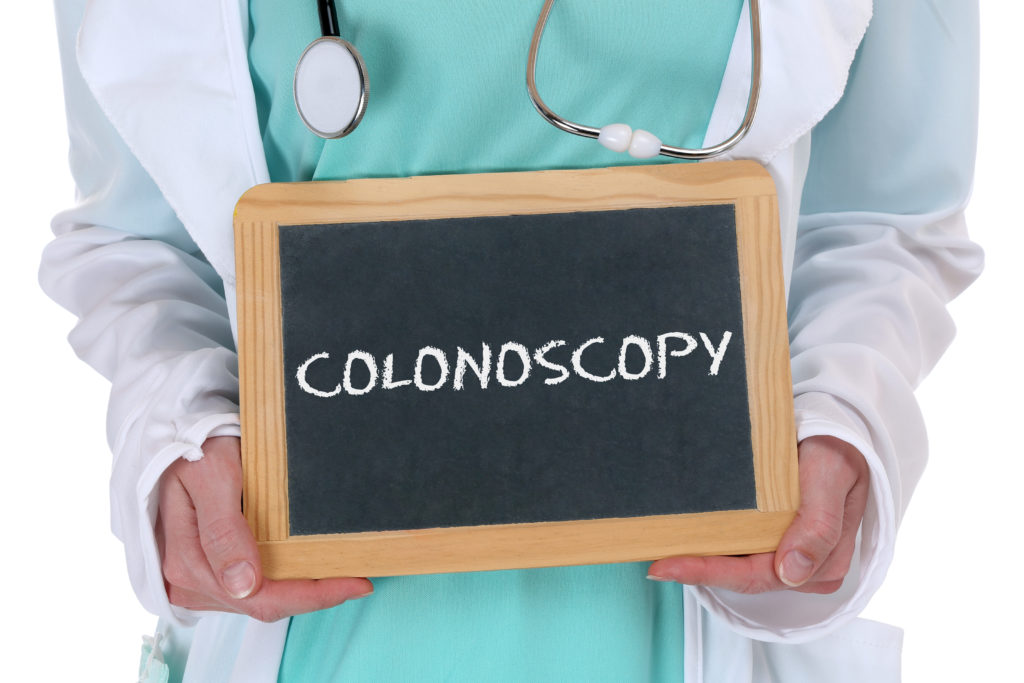
- Are you 45 or older?
- Do you have a family history of colon cancer or any of its potential symptoms?
If the answer to either of these questions is yes, then you should be getting a colon cancer screening arranged right now. But which type?
What Is the ‘Best’ Method of Colon Cancer Screening?
That depends on what you mean by best. Are you prioritizing convenience? Cost? The accuracy and reliability of the method? The ability of the test to quickly detect and prevent colorectal cancer, and even treat the early stages?
Ultimately, you need a test you can trust. If you opt for a screening method that’s less than reliable, you will always have lingering doubts about your results and that may lead you to have a different test anyway, to put your mind at rest!
That’s why the best choice for colon cancer screening is still the one that medical professionals regard as the gold standard: the colonoscopy.
No.1 for Accuracy
At-home colon cancer screening tests, also known as MTsDNA tests, have been well-promoted in recent years and advertised as a competitive alternative to the colonoscopy, with adverts claiming they are only marginally less accurate.
However, several studies have shown this isn’t the case. Recent research, published in July 2019 in the journal Plos One, found that when compared to all other colorectal cancer screening methods available, at-home colon cancer screening tests are “less effective and considerably more costly, making it an inefficient screening option.” (Naber, et.al).
No.1 for Cancer Prevention and Early Treatment
At-home screening tests require you to send off a sample and await your results. They offer no provision for immediate detection, prevention or treatment of colorectal cancer in its early stages.
During a colonoscopy, an expert physician can identify abnormalities and polyps straight away and remove tissue that causes concern, meaning colorectal cancer can be stopped in its tracks.
A Cost-Effective Screening
MTsDNA tests may seem to cost less at first glance. However, they need to be done every three years, and if you’re 50 or over (or, increasingly, since the American Cancer Society lowered the recommended screening age, over 45), most insurers will cover 100% of your colonoscopy costs. If your results are clear, normally you will not need another colonoscopy for five to ten years.
For uninsured patients or those who have symptoms or a family history requiring a diagnostic before you get a colonoscopy, there’s the option to “shop” for a colonoscopy. Independent ASCs offer colonoscopies that are usually much cheaper than they would be at hospitals: they also offer cash pricing and can provide estimates for pathology and anesthesia to help you budget for your procedure.
Colonoscopies: Still the Gold Standard for Colon Cancer Screening
While it’s true that at-home screening kits are convenient and quick to use, colonoscopies don’t really take up too much of your time. The whole thing, from prep to discharge, is over within 24 hours and the procedure itself only takes a few hours. It’s a small sacrifice to make to be reassured that any cancerous growths are quickly identified and removed.
If you’re over 45, experiencing symptoms, or have a family history of colorectal cancer, don’t waste time debating which method to use! A colonoscopy is the ‘best’ method and could save your life. So book one now!
